I writing some VBA code using Microsoft Office 16.0 Object Library. When I pass the file to another user who runs on Microsoft Office 14.0 Object Library. Once the function is being triggered, an error cannot find project and library will appear.
How can I auto update users using lower version of Microsoft Office Object Library to same version as mine?
My Reference
User 2 Reference

